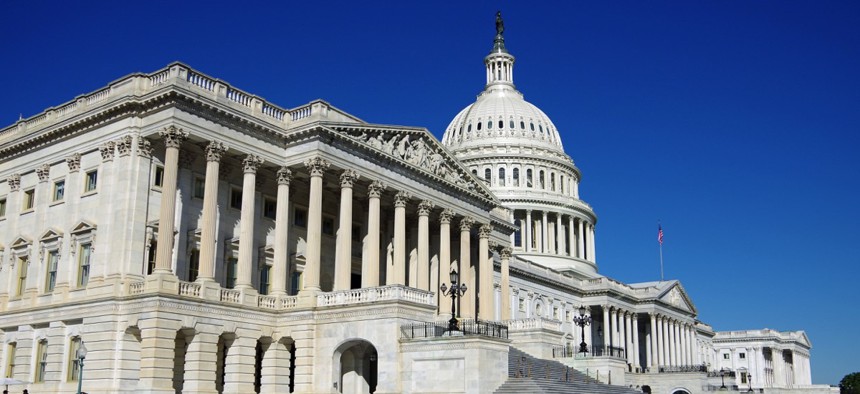Temporary CHIP Funding May Run Out Sooner Than Expected

That means hard conversations like when and how to freeze enrollment or terminate coverage altogether will be back on the table in some states.
Some states may run out of funding for the Children’s Health Insurance Program as soon as mid-January, defying the expectation that additional money approved by Congress in late December would last through the end of March, a Centers for Medicare and Medicaid Services official said late last week.
The funding for the CHIP program—which provides health coverage for as many as 9 million children and approximately 370,000 expectant mothers—expired at the end of September, 2017, nearly 100 days ago.
On Dec. 21, Congress extended $2.85 billion in funding to states to help maintain existing programs and buy lawmakers some time to work on long-term CHIP reauthorization plans. But CMS officials are now estimating that Congress will have less time to seal a CHIP funding deal than previously thought.
“The funding . . . should carry all the states through January 19 based upon best estimates of state expenditures to date,” CMS spokesman Johnathan Monroe told Kaiser Health News. “However, due to a number of variables relating to state expenditure rates and reporting, we are unable to say with certainty whether there is enough funding for every state to continue its CHIP program through March 31, 2018.”
Monroe did not name the states that are most immediately at risk of running out of funds.
Jan. 19 is also the day by which Congress needs to pass a spending bill to prevent a government shutdown. It’s possible lawmakers will try to tie a long-term CHIP plan to that bill. Previous reauthorization attempts stumbled when Republicans and Democrats failed to agree upon the mechanism by which the program would be paid for. Democrats strongly objected to a House-passed plan that would offset the costs of CHIP in part by slashing the budget of the Public Health and Prevention Fund. This time around, congressional negotiations may run smoother thanks to a somewhat wonky byproduct of the repeal of the individual mandate.
On Friday, the Congressional Budget Office released a report estimating that the repeal of that portion of the Affordable Care Act would reduce the cost of funding CHIP from $8.3 billion to $800 million, quite a bargain by federal government standards.
Prior to the Dec. 21 Congressional-approved temporary CHIP funding, states weighed tough decisions, with several—Colorado, Virginia and Connecticut—sending letters to beneficiaries notifying them of the possibility that their coverage may be terminated. Officials from Alabama had previously announced the state’s intention to freeze enrollment in the program at the start of the year, but later called off the freeze when congressional spending on CHIP was announced.
Those hard choices for states—deciding whether to freeze enrollment or drop children off the rolls—may be back on the table now.
RELATED on Route Fifty:
Quinn Libson is a Staff Correspondent for Government Executive’s Route Fifty and is based in Washington, D.C.
NEXT STORY: Virginia Is for Second Chances






